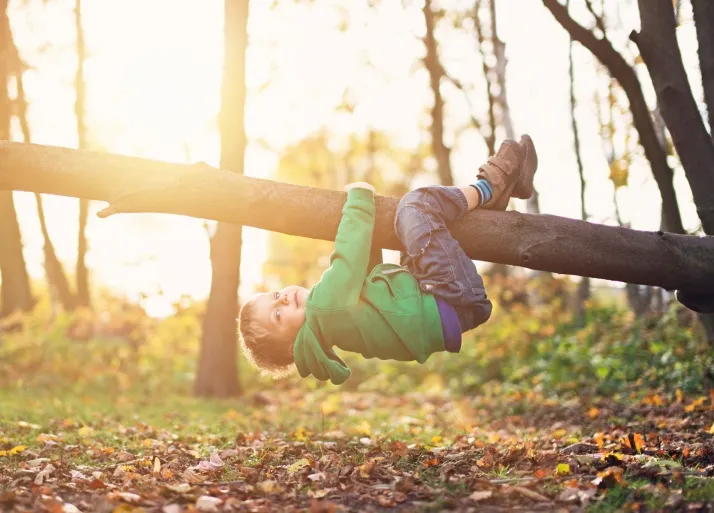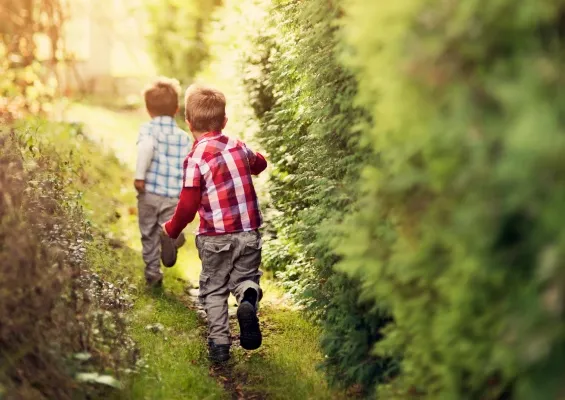Fewer than one in 10 British children regularly play in wild places, compared to almost half a generation ago, and children’s physical fitness has been shown to be declining by up to nine percent per decade.
These worrying facts have been shared by The Wildlife Trusts, who believe that making a connection with the natural environment makes children more likely to be interested in their environment and in taking part in nature-based activities. That connection with nature has positive impacts on their emotional wellbeing, health, personal and social skills and education.

Stephanie Hilborne OBE, Chief Executive of The Wildlife Trusts, said: “ Children in 2015 are spending half as much time outdoors as they were a generation ago and this cannot be unrelated to the fact that one in ten children suffer from depression. Society is starting to realise the risks that this separation from our natural environment poses to our children’s health and happiness."
The Trusts aim to helo children from cities - some of whom have never had the chance to explore outdoor space – will experience the natural world through a range of activities in a safe environment. New funding from the People's Postcode Lottery will help support Forest Schools aiming to boost the self development and self reliance of children with limited access to nature.
Developed from the Scandinavian model of learning through play outdoors, Forest Schools provide of a programme of visits over a number of weeks. These give children a chance to build relationships with the environment and have ongoing opportunities to get to know wildlife.

Do you think schools and parents should do more to encourage children to play outdoors?
